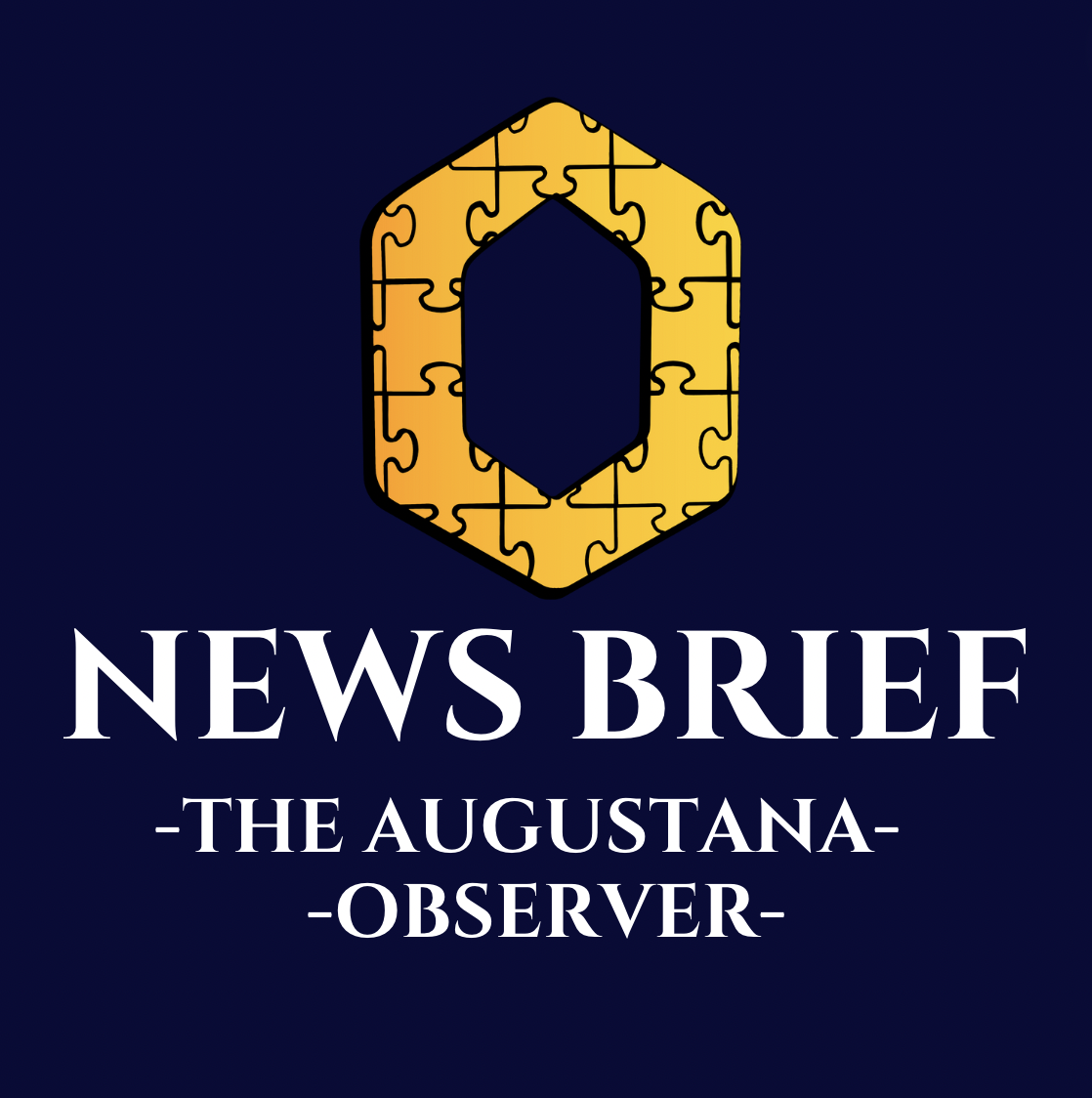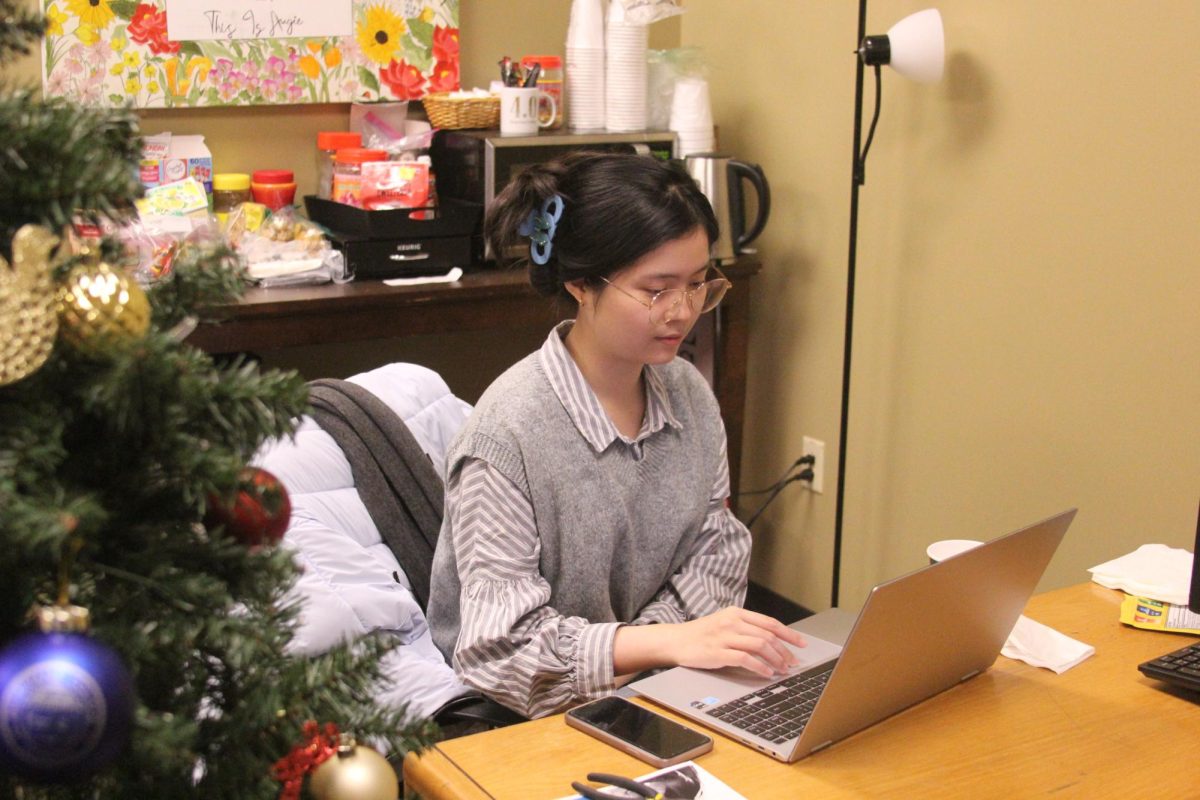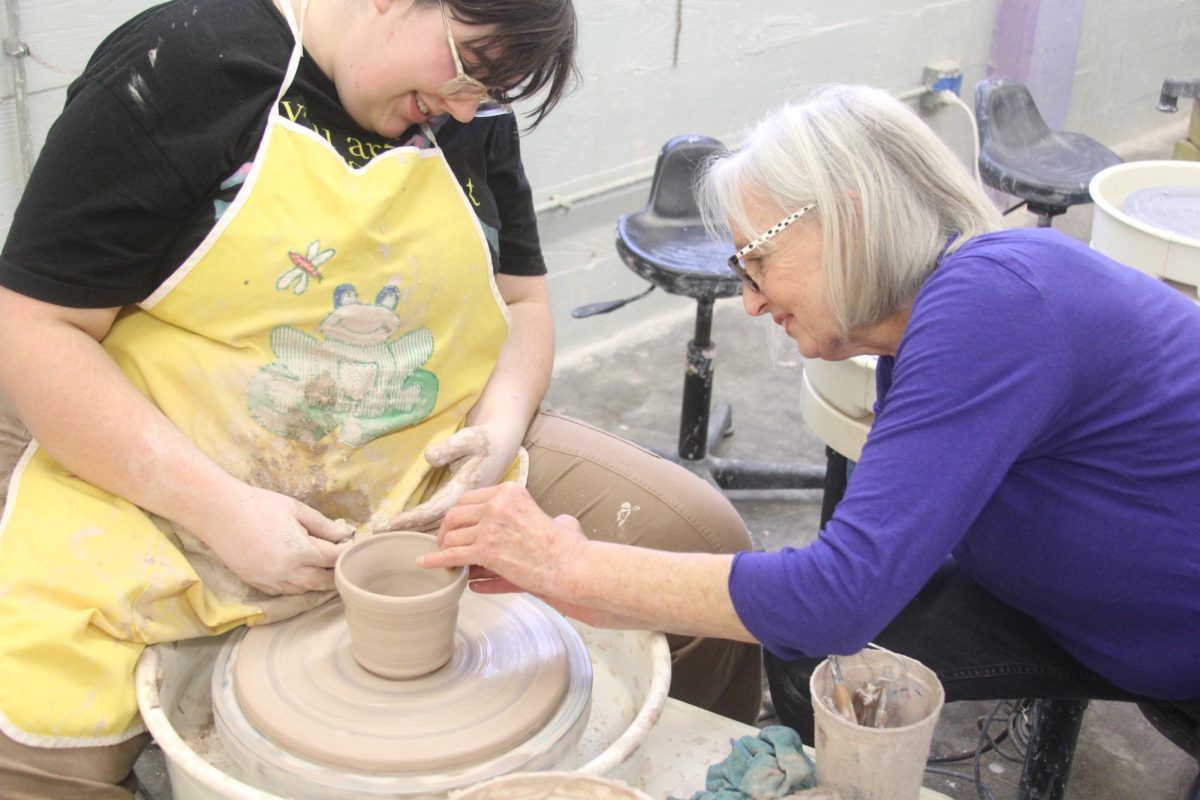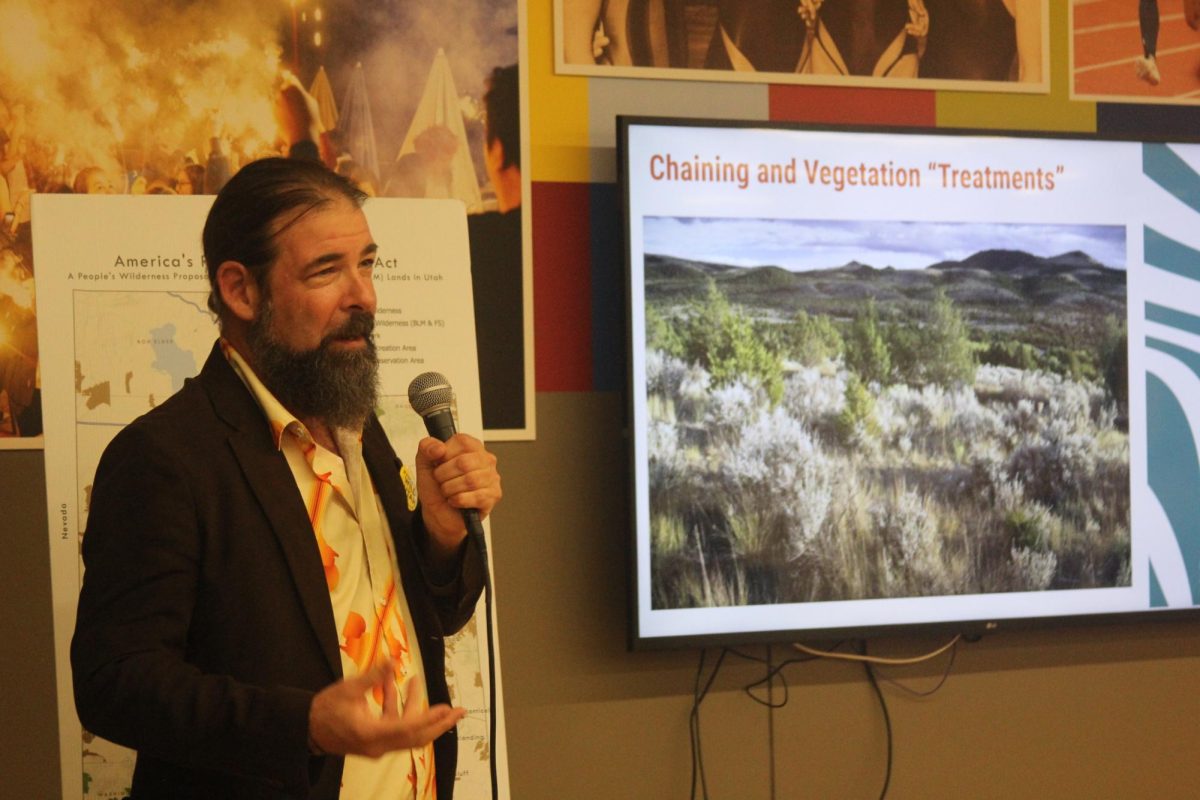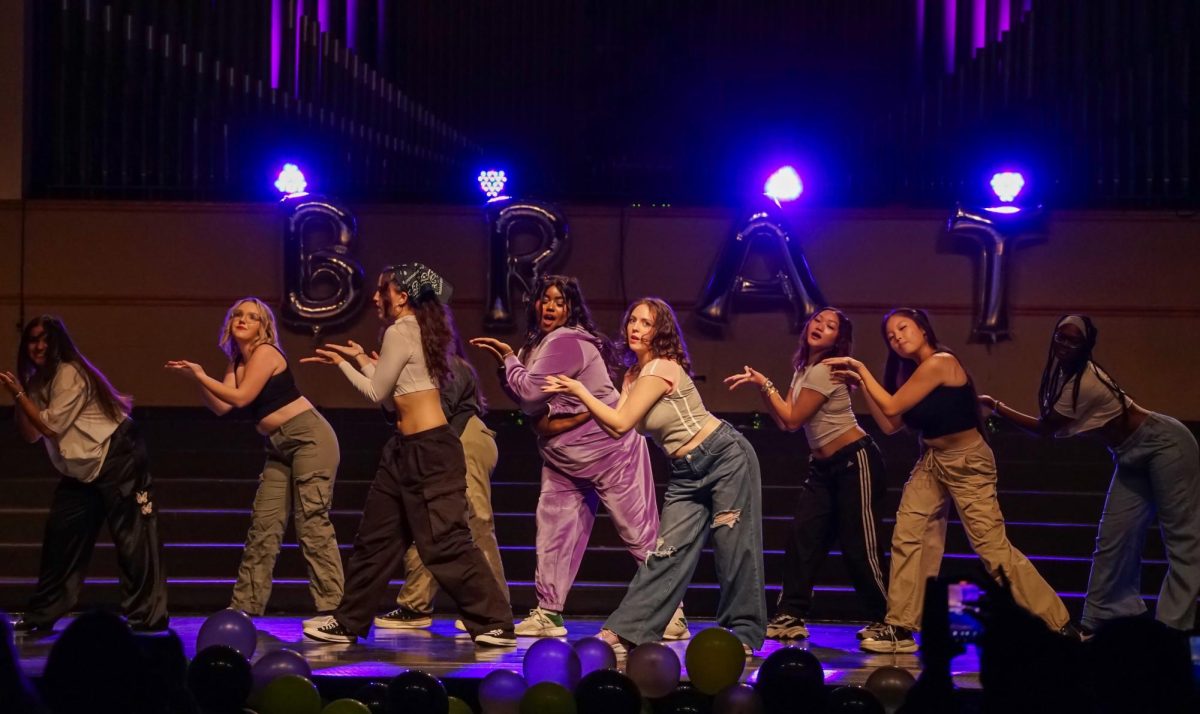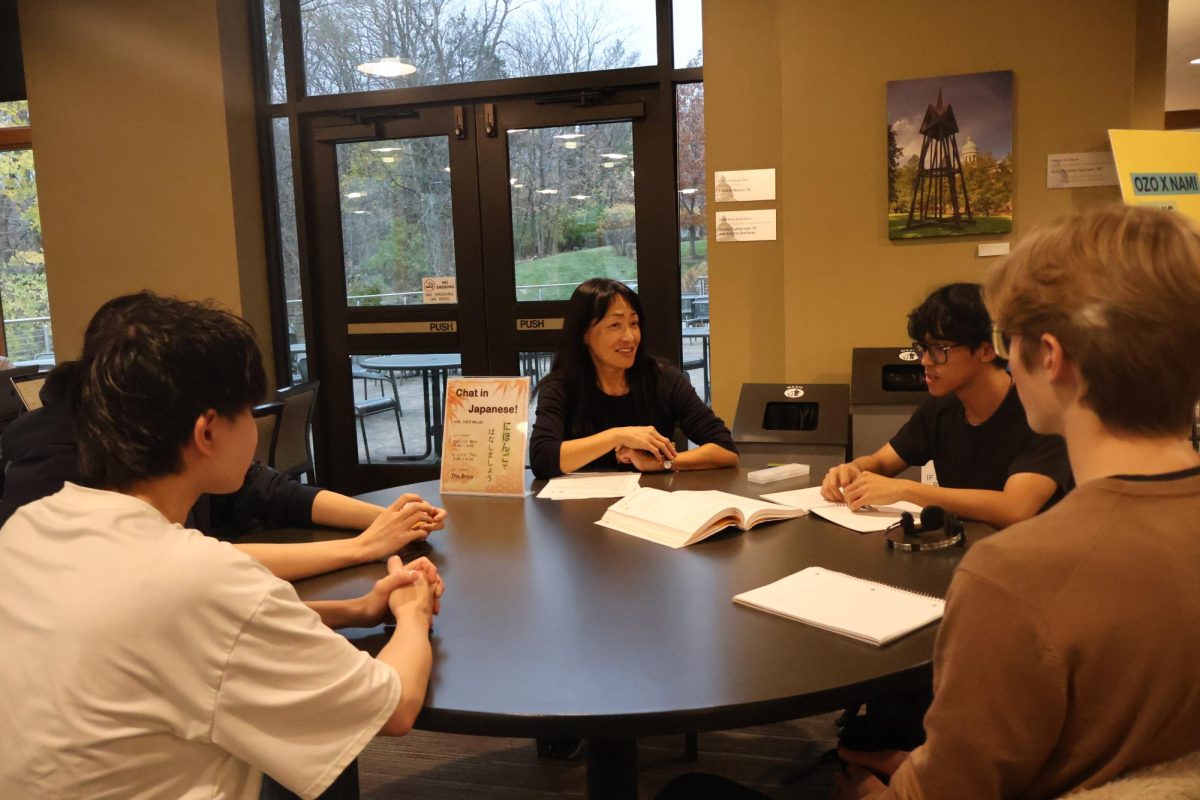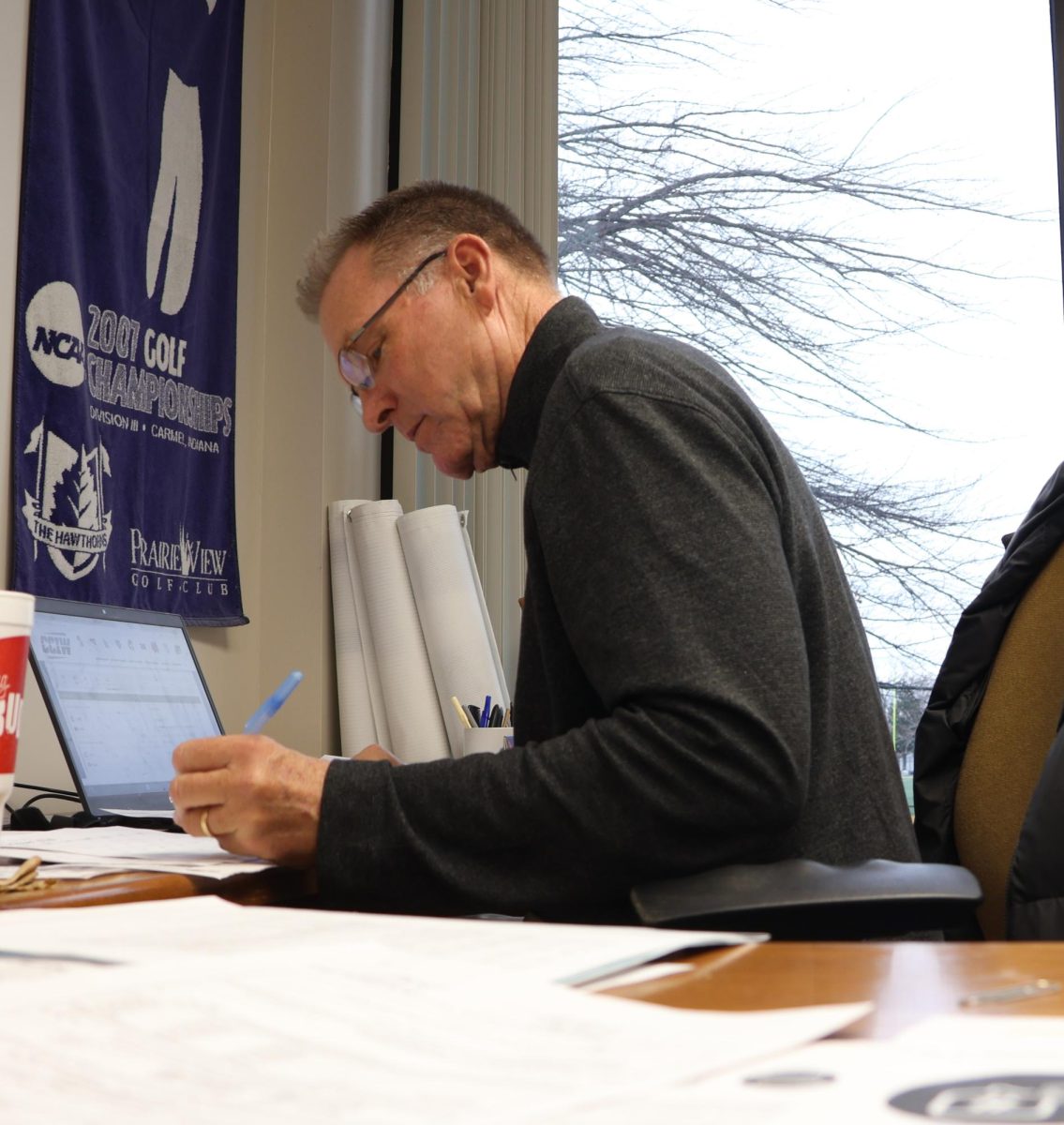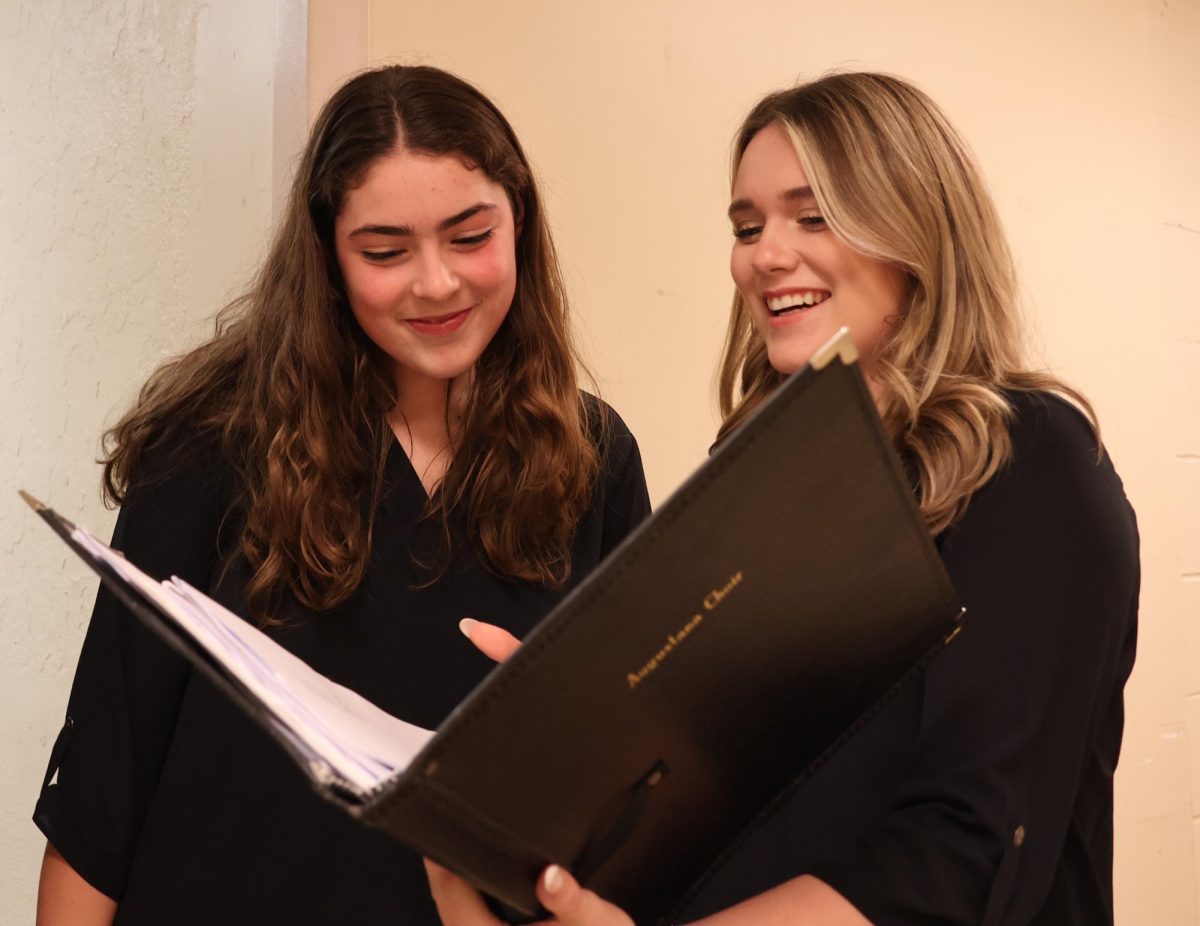Augustana promotes itself as an institution that uplifts and provides a sense of belonging to every student. There are more than 150 student organizations on campus, but there are still some groups without representation. Until this year, autistic students on campus were one of these groups without their own student organization.
This recently changed when junior Bailey Hacker founded Augie Autistic Experiences (AAE). AAE aims to create a safe and welcoming community for autistic students while also helping the public become better allies.
Hacker was inspired to create the club because they felt Augustana was missing a space devoted to autistic students.
“There was a growing need on our campus for autistic students’ voices to not only be heard, but for there to be a space where autistic students feel safe and to truly be themselves,” Hacker said.
Sophomore Fynn Greene, the secretary of the club, said the club’s safe atmosphere allows students to confide in others with similar experiences.
“The club is a place where we can vent and be comfortable with each other and to talk about issues related to autism with people that understand the struggle,” Greene said.
The Vice President of the club, sophomore Helena Smith, was excited when they heard that Hacker was creating the club.
“As an autistic person myself, I was elated by the idea that we would for once have our own space and not be cast aside or isolated in some way,” Smith said in an email to the Observer.
Greene said they want to make it clear that the club welcomes all autistic students, regardless of their diagnosis.
“We are welcoming to people that are both professionally diagnosed and who have not been professionally diagnosed yet,” Greene said.
Although the club’s primary goal is to create a space for autistic students, the club is also working to create an educational space for allies.
“We also include allies in our group because it has become more important than ever that people understand the autistic experience and embrace differences whilst also learning how to be a good ally to the community without demeaning or infantilizing autistic people,” Hacker said.
Neurodiversity education is not stressed on Augustana’s campus, leaving many students uninformed. The club hopes to change this by providing education about neurodiversity in their meetings and on their Instagram.
“We’d like to uphold that community element, helping to educate people on autism, the [experiences] autistic individuals face on the daily basis and how to support autistic people,” Smith said in an email to the Observer.
According to Smith, it is important to challenge pre-existing beliefs about autism spectrum disorder.
“I ask people to have an open mind and be willing to learn, including challenging their own ableism at times and to understand that there is a large history behind the development of research of autism spectrum disorder that has many racist, sexist, et cetera, roots,” Smith said in an email to the Observer. “And there is commonly used language that stems from that that we’d like to remove from colloquial vernacular.”
The club is still developing and expanding, and it is in the process of organizing its first official meeting.
“We’re hoping to have our first all-club meeting pretty soon, so hopefully there’ll be a lot of publicity about that when it happens,” Greene said.
After holding some meetings and establishing themselves as a group, they hope to get more involved with other student groups, have events and hold discussions.
Students looking for a welcoming community or to become an ally can follow their instagram at @augieautisticexperiences and find a Google form link to join the club’s mailing list.
Hacker encourages people to do some background research on neurodiversity before coming to the meetings in order to be better informed and involved in discussions.
